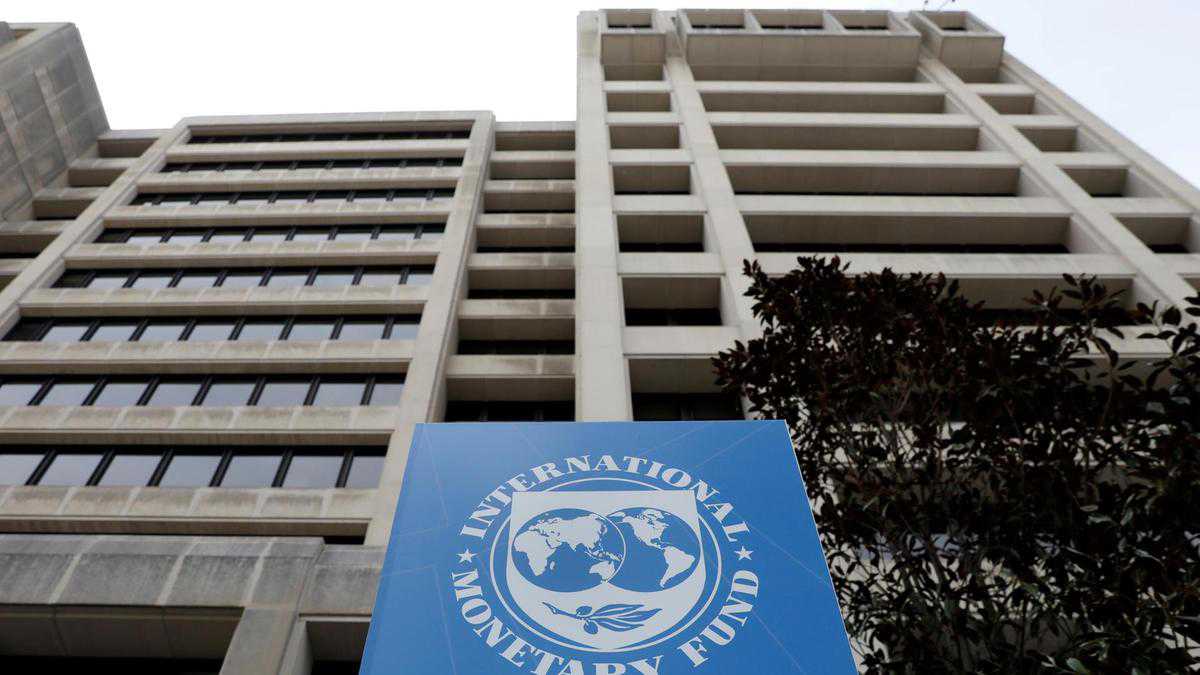Tackling corruption major to bettering Middle East economic growth, IMF says
15 January, 2021

Reforms to improve monetary governance and reduce vulnerability to corruption are actually central to fostering higher and even more inclusive progress in the Middle East and Central Asia, the International Monetary Fund said.
Setting good governance benchmarks is even more important when countries look to recover from the financial shock due to the Covid-19 pandemic, the fund explained in a fresh report.
Fighting corruption and enhancing governance is “a lifelong concern and it requires time to attain those objectives, but we can not envisage a solid and sustainable restoration post-Covid without good governance frameworks,” stated Jihad Azour, director of the IMF’s Middle East and Central Asia department.
The fund's most recent financial outlook published in October forecast that the center East and North Africa region will grow 2.2 per cent this year, following an expected contraction of 5 % last year because of this of the pandemic.
The region scores lower than its global peers regarding corruption perceptions, and even though many countries have made progress in improving governance, “there is still many to do to attain higher levels of general public confidence,” the IMF said.
“Addressing corruption is a significant issue along the line - from institutions to functions, to just how public procurement is done [and] the way data is shared,” Mr Azour said during an on line panel held to go over the report’s results on Wednesday evening.
There are significant discrepancies around countries in your community, with some having strongly improved governance, such as for example introducing laws to ensure central bank independence, Mr Azour stated. There is also divergence between each nationwide “operating system” - the guidelines and regulations governing carry out within a market.
If they are improved, they'll “allow countries in your community to boost revenues, provide better products and services to their residents, provide additional stability in conditions of investment and improve the level of investment and work creation."
The area where in fact the region could try to make the largest gains is in increasing fiscal transparency, the report said.
“This is a location where there are certain gaps which can be filled rapidly - regarding transparency in the budget, the amount of information and statistics, and the accuracy and independence of those,” Mr Azour stated.
“This is very important because this is how you provide a continue reading your real economy and … how you [show] your citizens the way their resources have been utilised,” he added.
The IMF recommends providing greater open public access to budget data, introducing better procurement practices and bettering the oversight of state-owned enterprises and sovereign cash. It also stresses the importance of solid governance in the personal sector, incorporating better implementation of anti-money laundering and combatting the funding of terrorism rules.
Many countries in the region were already facing pressure consequently of low oil prices. As Covid-19 hit, countries such as Algeria, Lebanon and Iraq as well witnessed anti-corruption protests, said Adeel Malik, a co-employee professor in production economics at Oxford University.
“Like any crisis, there are always opportunities in them,” he said.
The pandemic offers countries in the region the chance to target social spending more proficiently and set up “new kinds of programmes [and] interventions” that could have an enduring impact, he added.
Source: www.thenationalnews.com
